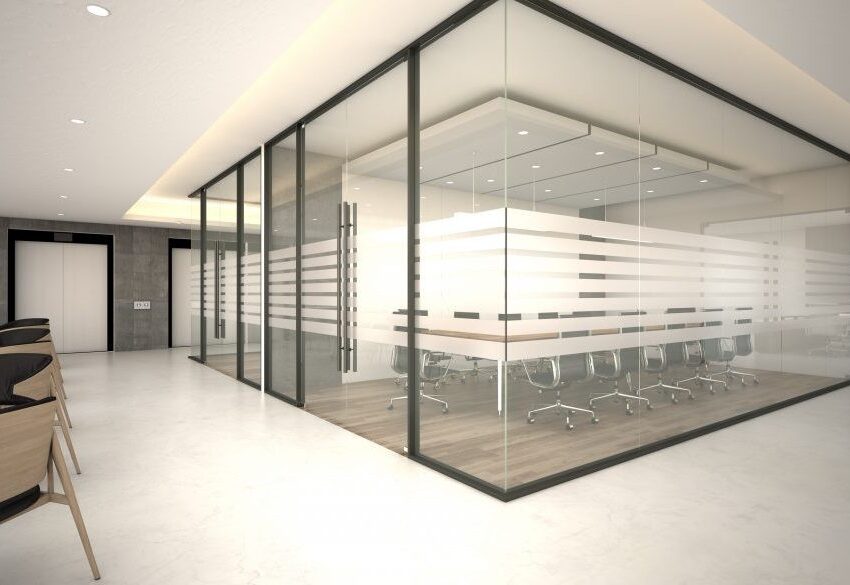No matter how large or small, every business generates waste throughout its operations. Company waste, also known as the commercial, industrial, or trade, is any waste product generated by business activity.
Most organizations create various types of waste that must be appropriately disposed of. Spending too much time on administrative tasks prevents you from properly disposing of shredding services lebanon in.
Every business owner is responsible for handling all business waste, and failure to do so attracts sanctions.
For example, all registered firms in the UK are expected to bear waste disposal responsibility. Every small business must guarantee that business waste is properly stored, removed, and disposed of since failure to do so will result in a large fine.
Food Waste
Most restaurants and other companies generate food waste from leftover food. When dumped, it becomes commercial waste. Food waste can be decreased if customers adopt healthy eating habits.
Food waste can also be generated by food spills, spoiling, discarding poor edible resources, or eliminating edible food pieces during inefficient processing in food processing businesses.
Using wheelie bins and skip hire can be an effective waste management method.
Confidential Waste
Examples can include personal employee information and company financials. Many companies have shredded secure document waste. Companies that produce shredded paper waste may include law firms, accountancy firms, etc. Shredding should be considered to preserve confidentiality and avoid disclosure of certain information.
Hazardous Waste
This waste may contain toxic substances generated from industrial companies or businesses. Industries typically producing hazardous waste include chemical manufacturers, paint manufacturing companies, paper manufacturing companies, and oil refineries. The most effective way to dispose of it is through incineration or disposal in landfills.
Construction waste – Soil and Hardcore
Construction, demolition, and excavation sites all produce different kinds of waste. Most construction, demolition, and excavation waste is inert waste, comprising concrete, bricks, asphalt, stones, and soils. Depending on the kind, many of them can be recovered, repurposed, or recycled.
Hiring skips from a waste removal company is the most practical and effective form of construction waste disposal.
Medical Waste
This waste is generated by healthcare services and other companies that perform comparable functions, such as hospitals, dentists, and tattoo artists. This form of waste may cause infection. Examples include swabs, bandages, needles, lancets, pipettes, scalpels, trocar, syringes, body fluids, excretions, medications, and so on. Medical waste may be managed by incineration, which involves burning the waste.
Bulky/large Waste
This rubbish is too big to be picked up by the ordinary waste service. Large appliances (refrigerators, ovens, TVs), abandoned furniture (couches, recliners, tables), and plumbing fixtures are examples of bulky rubbish (bathtubs, toilets, sinks). Recycling or employing waste disposal facilities are two options for dealing with this kind of waste.







